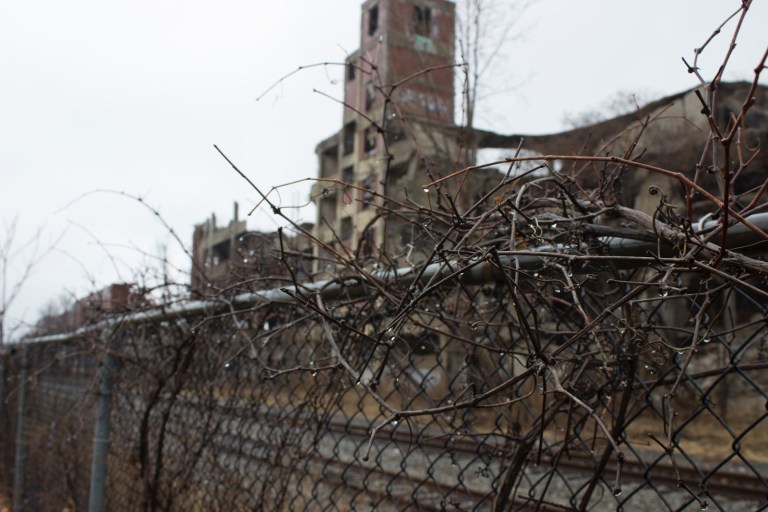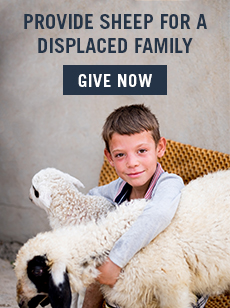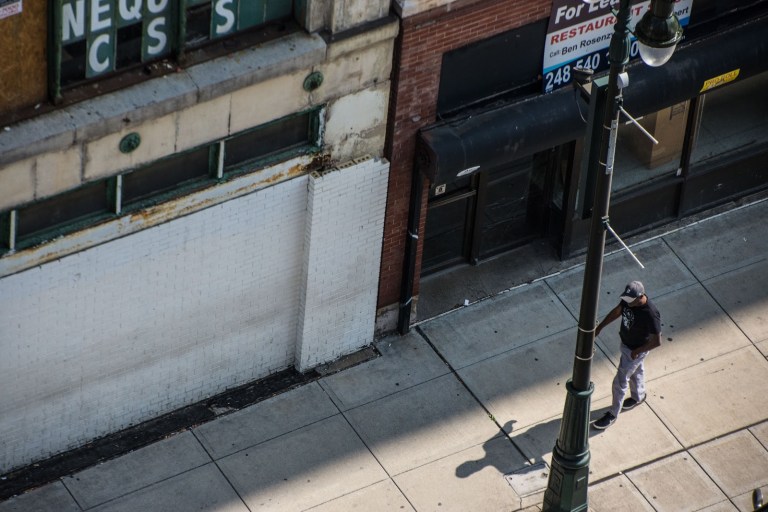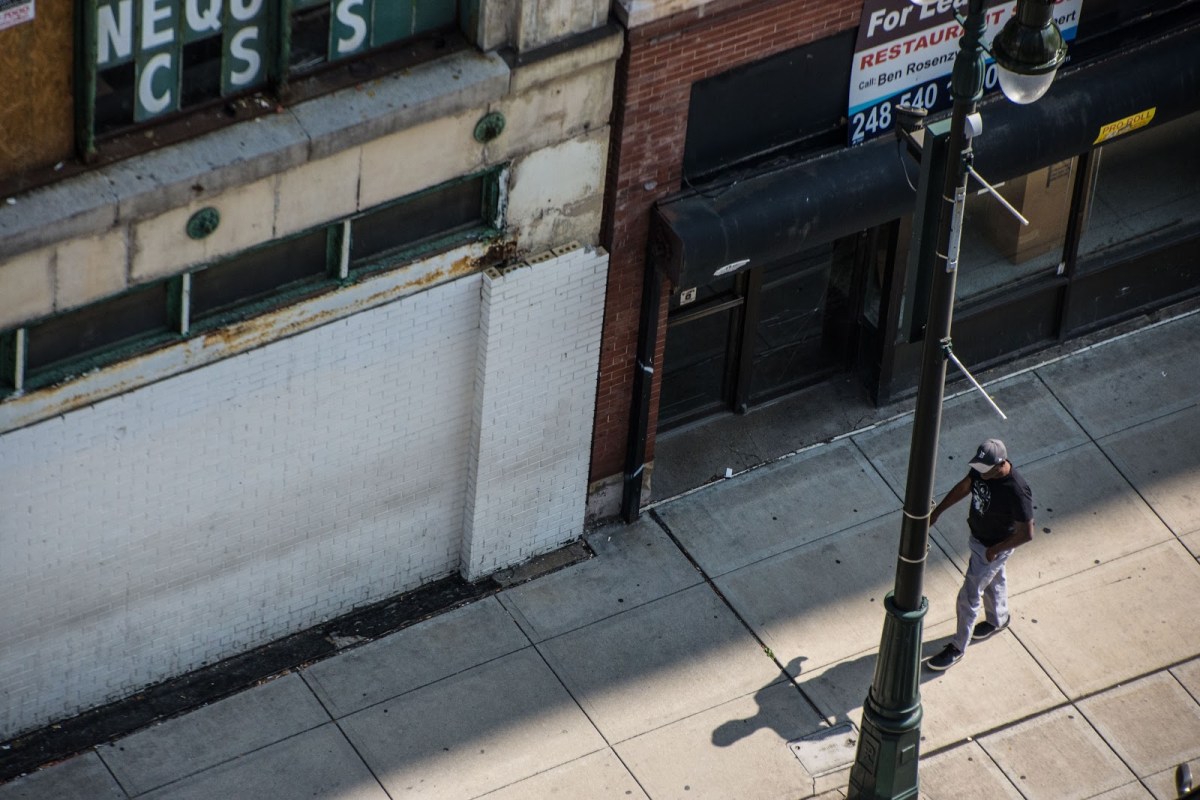
When I was interviewing for my position with Preemptive Love, someone asked me what I was doing to live our preemptive love in my personal life. “I’m doing that locally,” I said.
“What other way is there?” came the response. Exactly.
If we can’t learn to be peacemakers right where we are, then chances are we won’t do it at all.
I thought good and hard about that exchange afterward. Like most job interviews, I wished later I’d given a more thoughtful response. Yes, I do try to live and love preemptively, right where I’m at. I grew up in Detroit, where opportunities for engagement seemed more abundant than they really were. What’s more likely is my life stage at that point—as a young, single college student with no kids yet—left me with more time and abundant energy.
No matter what the life stage, opportunities for practicing preemptive love are literally everywhere. Show me the city, town, or township where no one is homeless or hurting.
Sometimes, it requires a bit more creativity to practice preemptive love at a different age and life stage. But it can be done! I now live in a smaller college town and found myself migrating towards excuses when I tried to figure out how to preemptively love those around me after my ministry with college students came to a close. I often asked myself, “So what do I do now?” Suddenly peacemaking didn’t seem so straightforward.
Since I started my job a few months ago, I’ve had to consider what “love anyway” means specifically to my life. As an African-American activist in the Midwest, I feel like I do this at a pretty good clip already. As a minority, if you refuse to live a life of bitterness—if your worldview includes long-term forgiveness and reconciliation—it is downright impossible not to love anyway.

In my personal experience, I simply can’t avoid the intersection of opposing viewpoints or choose to opt out. That answers part of the “what do I do now?” question for me, but what about ongoing relationships with broken, hurting, and busted up members of my extended family who behave in ways that are racist, abusive or even toxic?
Growing up with a white mother and white siblings alongside a black father with black siblings meant I experienced racism from one side, anger and confusion from the other. What does preemptive love look like then? How I can bridge the gap in a family at odds with one another?
When I reflect on life now, a more accurate response to that question might have been that I’m choosing to “love anyway” in my family.
I’m choosing constant forgiveness.
I’m choosing proximity when I want anything but.
I’m choosing to properly grieve so that I may properly love. I’m choosing grace over anger.
I’m choosing to cultivate these relationships instead of destroy them.
All of this, albeit imperfectly.
This is a wonderful challenge for those of us who truly want to live a life of preemptive love. Let’s keep it real—most of us aren’t going to move to Syria or Iraq. Chances are most of us aren’t even going to move outside of a “safe” zip code, let alone uproot our family to another part of the world.

And that’s OK. We aren’t all called to that. But if you are moved to make the world a more beautiful place, start with the people you directly interact with—or those you’ve literally never noticed who’ve likely been in front of you this whole time.
Start where you are the most uncomfortable.
My commitment to preemptive love is much closer to home than the elusive answer I gave at my interview. How about you? How can you be a peacemaker in your home, in your children’s school, in your local park where the homeless frolic, at protests, or in the gym?
If you look around with new eyes, I suspect you’ll find many more opportunities for preemptive love than what seems available.
Peacemaking is happening in the Middle East. The question is: is it happening where you live? What’s your role?
“Preemptive Love” becomes just another fancy phrase to toss around at dinner parties if we don’t figure out how to be a peacemaker to everyone within arm’s distance.
And if you aren’t arms distance? Go get in arms’ distance.
Those who need to be “loved anyway” are closer than you think.


